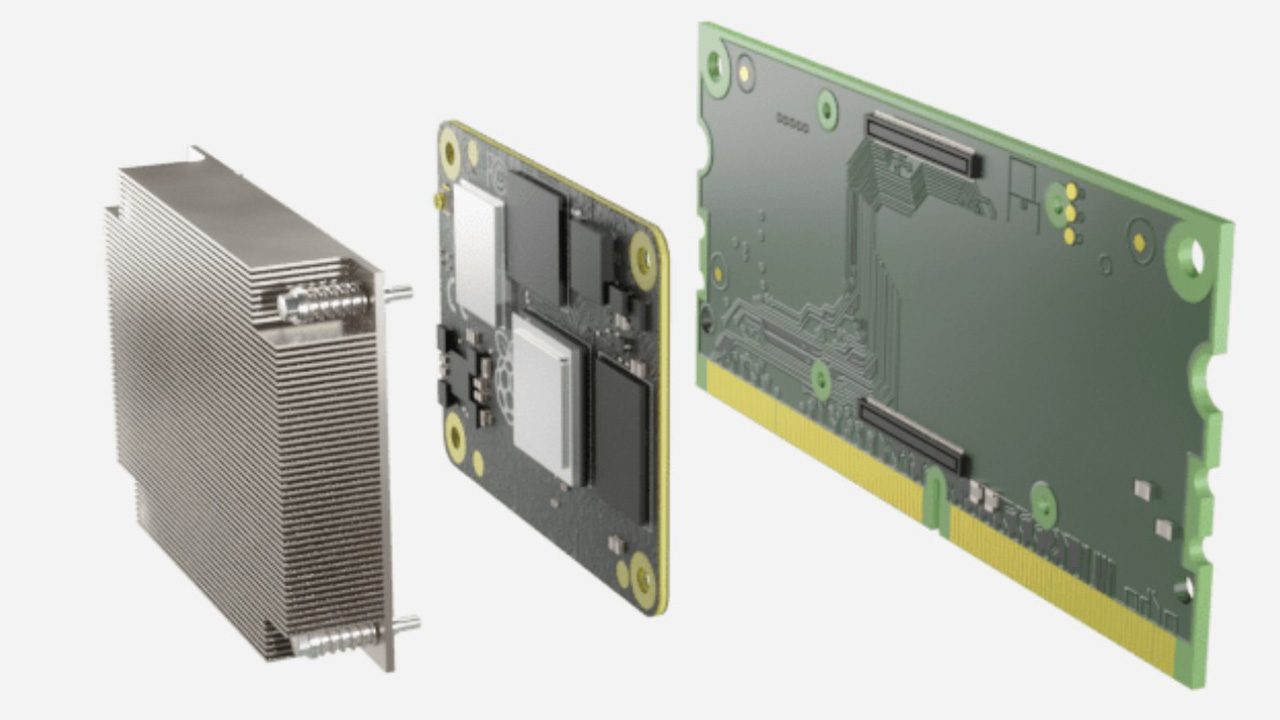Turing Pi 2 Revealed, Brings Nvidia Jetson to the Party
On The Edge
Following its announcement back in October last year, the Raspberry Pi powered Turing Pi V2 has finally been revealed, and it’s bringing Nvidia Jetson boards along for the ride.

Previously a way to turn multiple Raspberry Pi Compute Modules into an edge cluster - a high-performance computer capable of hosting cloud applications that sits on your internal network instead of being accessed over the internet to keep latency low - the Turing Pi v1 was compatible with Compute Modules 1 through 3+. The new board targets the Compute Module 4 (CM4), but its slots are sized for Jetson boards, meaning the CM4s need to be attached to a carrier board.
You’re not limited to one kind of board, or node, however. The Turing Pi V2’s four slots can be populated with any combination of CM4s and Jetsons, depending on the use-case it’s designed for.
The Turing Pi V2 itself is a Mini ITX-compatible motherboard with four slots to insert nodes. It looks a bit like a strange PC motherboard, and contains recognizable features such as a pair of SATA III ports, two gigabit ethernet sockets, and a 24-pin ATX power supply input. There are four USB 3 ports, an HDMI, two mini PCIe Gen 2 connections, and the usual R-Pi 40-pin GPIO. The board itself has an internal management switch supplying gigabit ethernet to each node and the two external ports, as well as 100mb for cluster management.
Cluster operations are controlled by the board’s firmware, which can be accessed remotely, and nodes can be flashed with new operating systems without removing them from the cluster. Use cases include building your own web server, creating a responsive NAS for a small office environment, or as a host for Kubernetes, either for educational purposes or for accelerating web development workflows.
Board development is currently being finalised, with an exact launch date and price expected to be announced in the next few weeks. First deliveries are expected to be made in Q1 2022. A barebones Turing Pi 1 currently costs $199 with $15 shipping - you need to source your own Compute Modules and power supply.
Get Tom's Hardware's best news and in-depth reviews, straight to your inbox.

Ian Evenden is a UK-based news writer for Tom’s Hardware US. He’ll write about anything, but stories about Raspberry Pi and DIY robots seem to find their way to him.